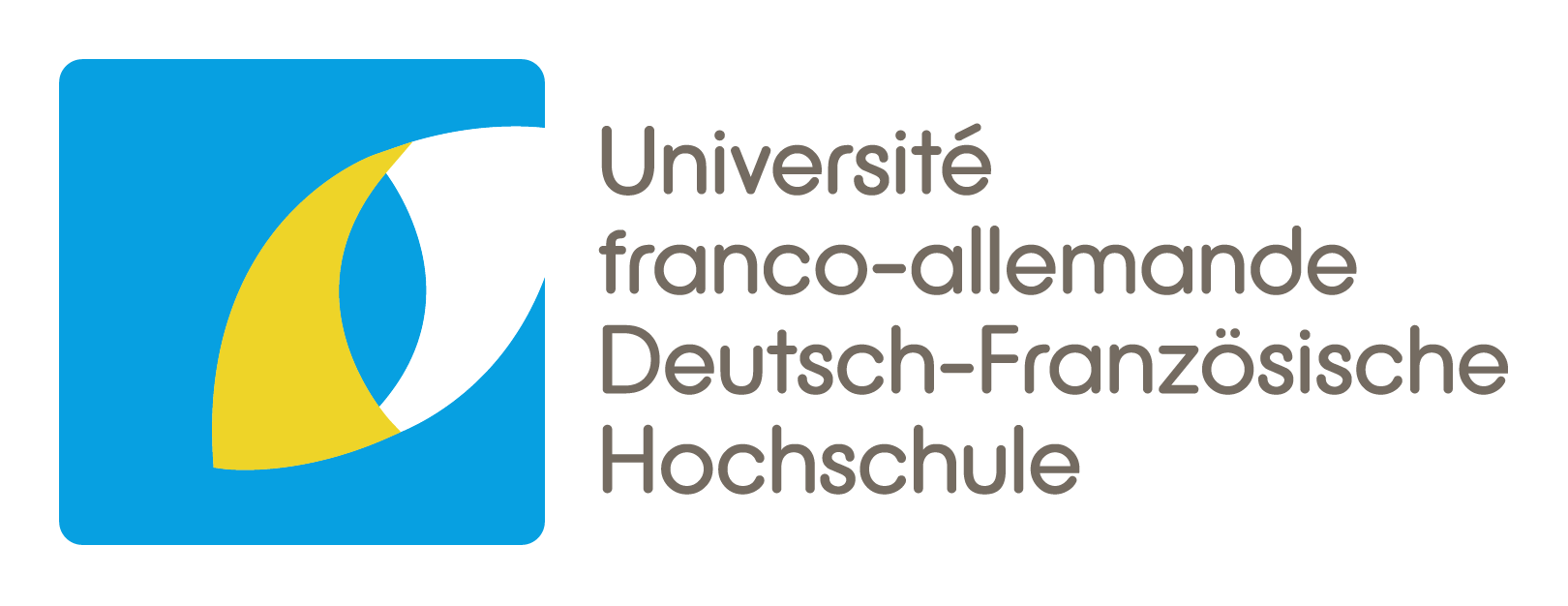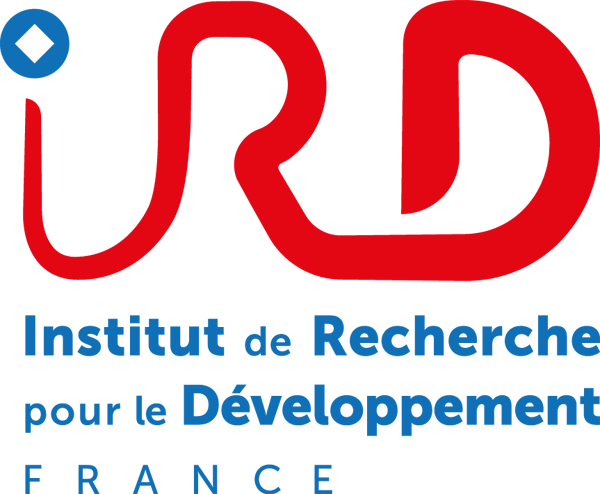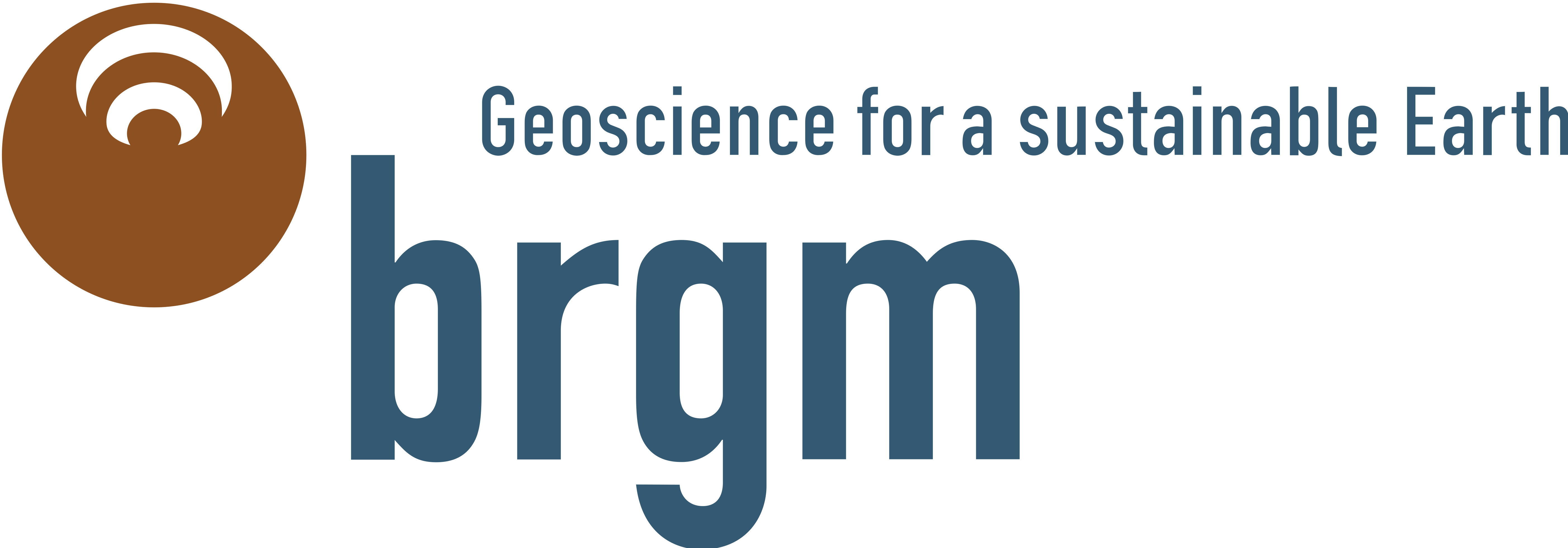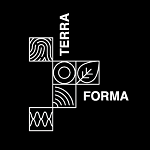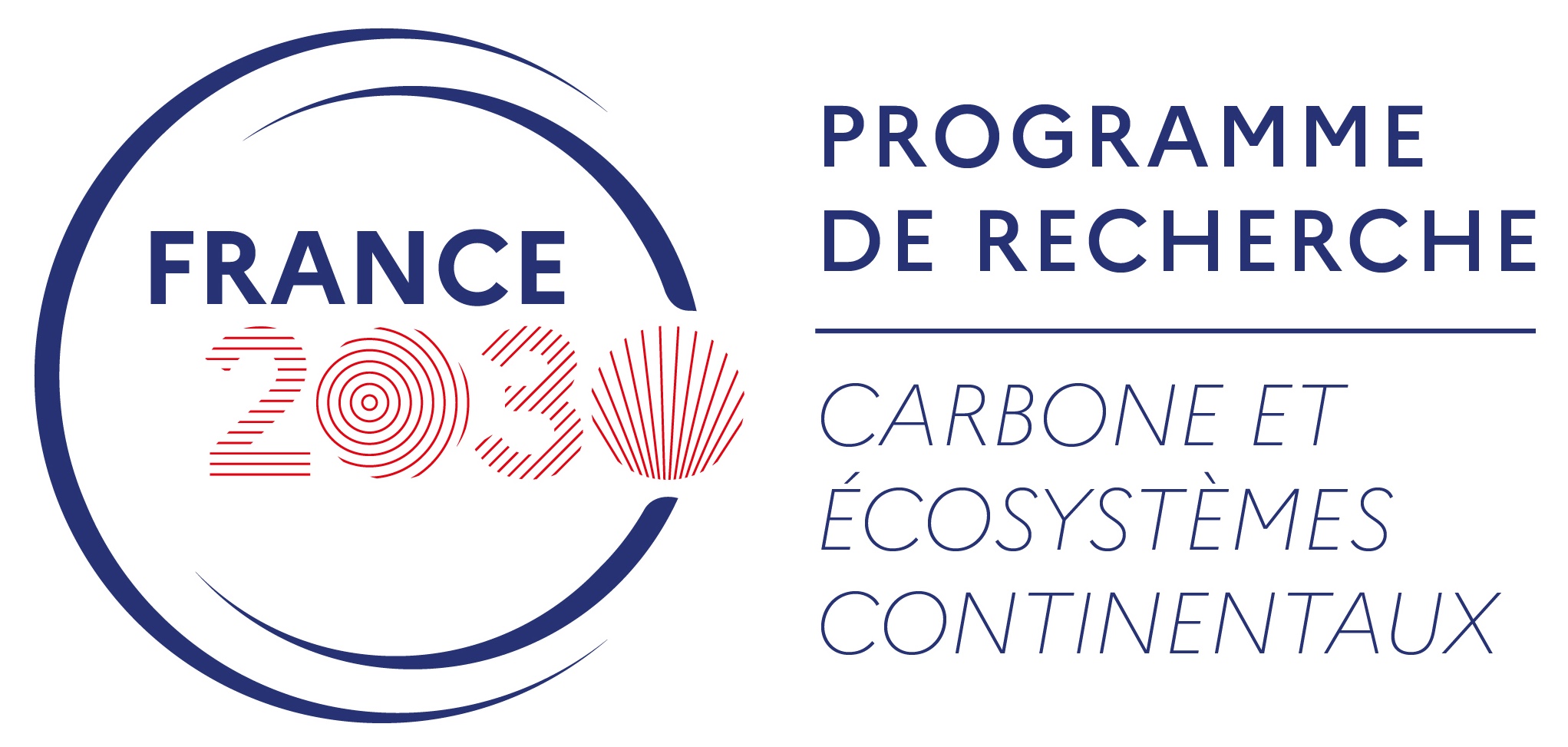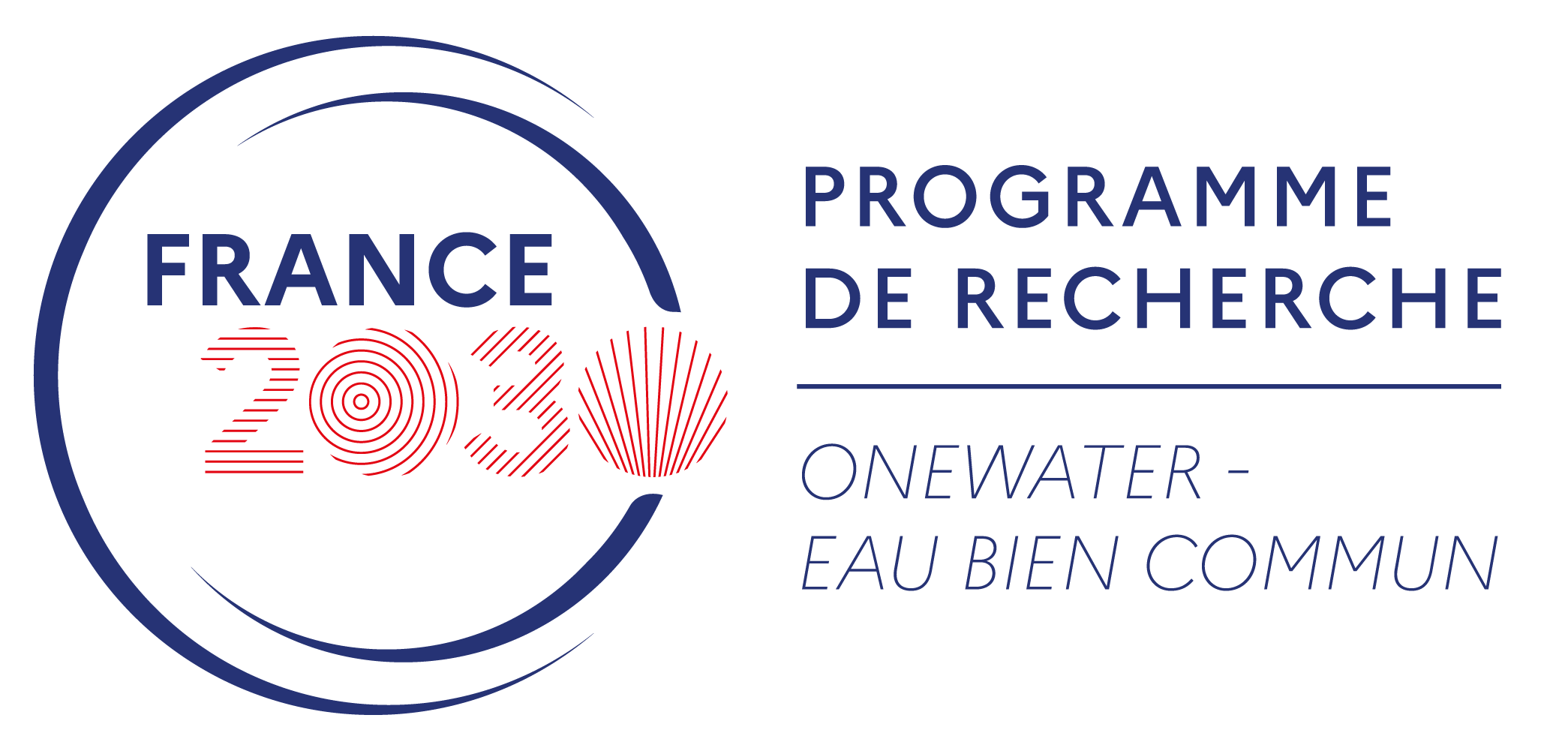|
|
|
Organizers & sponsorsOrganizersOZCAR (Critical Zone Observatories: Research and Application) is a national distributed research infrastructure associating most of the French observation sites dedicated to the observation and monitoring of the Critical Zone. OZCAR RI is supported by the French Ministry of Education and Research and, includes more than 60 highly instrumented sites/observatories for long-term measurements of biological, chemical and physical parameters of groundwater, river water, glaciers, soils, and wetlands in France and overseas. Each observatory focuses on one or more components of the Critical Zone but importantly OZCAR is covering most of the lateral and vertical compartments of the Critical Zone from mountains to costal areas. Through environmental data portal and modeling platforms, OZCAR is not only a research infrastructure open to the scientific community, it is also aiming at advising policy makers and stakeholders on the water, soil, and biodiversity resource and the landscape scale. Global change has triggered a number of environmental changes, such as alterations in climate, land productivity, water resources, atmospheric chemistry, and ecological systems. Finding solutions to the impact of global change is one of the most important challenges of the 21st century. TERENO is embarking on new paths with an interdisciplinary and long-term research programme involving five Helmholtz Association Centers. TERENO spans an Earth observation network across Germany that extends from the North German lowlands to the Bavarian Alps. This unique large-scale project aims to catalogue the longterm ecological, social and economic impact of global change at regional level. Scientists and researchers want to use their findings to show how humankind can best respond to these changes.
Institutional sponsorsFrance's Centre national de la recherche scientifique is one of the world's leading research institutions. Its scientists explore life, matter, the Universe and the workings of human societies to meet the major challenges of today and tomorrow. Internationally recognized for the excellence of its scientific research, the CNRS is a benchmark in the world of research and development, as well as among the general public. INRAE, the French National Research Institute for Agriculture, Food and the Environment, is the leading research organization specializing in its three scientific fields, helping to meet challenges such as climate change mitigation and adaptation, food and nutritional security, agricultural transition, preservation of natural resources, restoration of biodiversity, and risk anticipation and management. Through research, innovation and support for public policy, INRAE proposes new directions to accompany the emergence of sustainable agricultural and food systems, and aims to provide solutions for life, people and the Earth. The Franco-German University (FGU) is a network of affiliated universities from France, Germany and other countries. Its administrative offices are located in Saarbrücken, Germany. The FGU was established as an international institution following an intergovernmental agreement (the Weimar Agreement) in 1997. The FGU provides expert guidance on relations between French and German universities with the aim of improving cooperation in the areas of university study programmes and research in both countries. The FGU’s main tasks include initiating, coordinating and funding structured academic programmes for each of the three Bologna cycles. These degree programmes are subject to external evaluation by French and German academic experts. Institut de Recherche pour le Développement (the French National Research Institute for Sustainable Development) is an internationally recognised multidisciplinary organisation, committed to equitable partnerships with countries in the Global South and in the French overseas territories for nearly 80 years. As a contributor to the achievement of the international development agenda, the IRD aligns its priorities with the implementation of the Sustainable Development Goals (SDGs). Together, scientists and the Institute's partners propose concrete solutions to the global challenges facing societies and the planet. This win-win relationship makes science and innovation major levers for development. BRGM, the French geological survey, is France’s leading public institution for Earth Science applications for the management of surface and sub-surface resources with a view to sustainable development. Under partnerships with numerous public and private stakeholders, BRGM focuses on scientific research, expertise and innovation. Its activity meets 4 objectives: understanding geological phenomena and related risks, developing new techniques and methodologies, producing and distributing data for surface, subsurface and resource management, providing the tools required to manage the surface, subsurface and resources, prevent risks and pollution, and manage policies in response to climate change. BRGM is in particular coordinating the OneWater Data project that is supporting the conference. Led by CNRS, the TERRA FORMA project aims to design and deploy a dense network of low-cost, open-source environmental sensors in monitoring areas, to better understand and adapt to ongoing environmental changes. In particular, it aims to advance knowledge and technologies at the interfaces between disciplines, in the service of the Research Infrastructures on Socio-Ecosystems and the Critical Zone (RZA and OZCAR, which together make up the eLTER France network) and for the benefit of open science within the reach of local stakeholders (decision-makers, citizens...). The ambition of the exploratory PEPR FairCarboN is to enable a quantified assessment at different spatio-temporal scales of the contribution of continental ecosystems to the evolution of C flows and stocks, in the context of global change, and to propose territorial management trajectories capable of informing public policies and stakeholders' decisions. The aim of FairCarboN is to generate much-needed research on continental ecosystems to produce accurate carbon assessments at local, national, European and global levels, with the aim of outlining adoptable strategies towards carbon neutrality by 2050 for each of these levels. OneWater - Eau Bien Commun is a national research program on continental freshwater co-directed by CNRS, BRGM and INRAE, with 10 academic partners. Faced with increasing climatic and anthropogenic pressures on the environment, this program aims to develop research in the field of water, a vital resource, to change the paradigm and rehabilitate water as a common good. Financed over 10 years by the Plan France 2030, OneWater - Eau Bien Commun is designed to help accelerate transitions and measure the impact of global change on socio-ecosystems through 6 major scientific challenges. By strengthening the dialogue between science and society, OneWater-Eau Bien Commun is helping to federate a multi-stakeholder “water community”. With 40 master’s degrees, 4 doctoral schools, 31 research units, 100 research teams and a large range of shared technological systems, Biosphera aims to address the major challenges facing the future of the biosphere and society. Its fields of study are fully in line with the challenges we are facing today, such as ecological transition, resource management and use, biodiversity preservation and, more broadly, global changes and their impacts. The excellence of the courses on offer and the research conducted at Biosphera has been rewarded – 12th (13th in 2021) place worldwide and 1st place in France in the field of Agricultural Sciences in the 2020 Shanghai ranking. The Ile-de-France Research Federation on the Environment (FR-3020 FIRE) is a structure under the dual supervision of CNRS and Sorbonne University, with support from UPEC and INRAE. Its aim is to promote interdisciplinarity in the environmental sciences in the Île-de-France region, but not exclusively. The FIRE brings together research units that are interested in environmental issues relating to continental surfaces and interfaces, at scales that are relevant to human activity and environmental management. Its work is based on concepts such as the Critical Zone, the Man-Earth-Sea continuum, Territorial Ecology, socio-ecological trajectories and, more recently, the concept of health/environment. As such, the FIRE focuses on issues that arise at a range of scales: from the plot to the farm, from the landscape and built-up areas to the regional or multi-regional catchment area, or from the headwaters to coastal areas. The FIRE thus covers a very wide range of disciplines, involving a large number of research teams and units with very diverse but complementary skills in this multi-scale, interdisciplinary approach.
Industrial sponsorsGold sponsorsAs a specialist in the quantitative and qualitative protection of the valuable resource water, JR AquaConSol offers solutions in the field of hydrogeology and hydrology. The range of services offered by JR-AquaConSol is focused on comprehensive solutions in water management, on the exploration and protection of water resources, and on the assessment of the impact of infrastructure measures on water as a protected resource. We are also an international leader in the design, construction and maintenance of lysimeter systems and Ecotrons. Bronze sponsorsFresh water is one of our most precious resources. StyX Neutronica sensors measure the environmental water content using the novel method of cosmic-ray neutron sensing. With our instruments we help you to analyze the plant available water, estimate irrigation needs and measure snow integrally over several hectares. Dry climates. Smart Farming. Resilient Infrastructure. Using our technology up to 30 % of water can be saved in managed irrigation. Campbell Scientific has provided groundbreaking measurement solutions to benefit the world for the past 50 years. Our solutions deliver information that helps mitigate severe weather casualties; help scientists gather data to assist in the understanding of climate change and other man-made environmental impacts; and support countless organizations, institutions, and national agencies in providing more efficient meteorological and hydrological services to their people. Our instrumentation hardware is known to be the best in the business. Our software services provide an unrivalled level of insight. Our project delivery expertise combines both to deliver you a unique end-to-end solution capable of changing the world.
|





